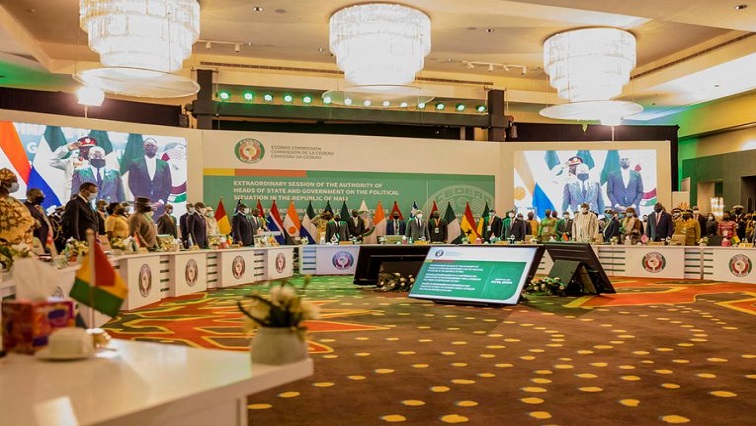The awful truth about emerging African economic greatness is beginning to dawn on the world. Don’t butt in to think it’s going to be a fleeting excitement. Never. It will rather be a lifetime opportunity in Africa to make the entire continent work for Africans.
Today, African countries trade more with the rest of the world than themselves. Only up to about 18% of all trade on the continent occurs between African countries. In Europe, about 70% of trade happens within the continent, while in North America and Asia it’s about 54% and 51% respectively.
This is a major source of concern for a continent with about 17% of the world population but accounts for only 2.1% of world trade and 2.9% of world GDP.
The harbinger of this game changer is the African Continental Free Trade Area (AFCFTA) with an opportunity to accelerate intra-African trade. It also uses trade more effectively as an engine for growth and sustainable development to create more jobs and more economic opportunities for the citizens. There is no gain-saying the fact that AFCFTA is about the 1.3 billion Africans and their livelihoods.
However, it is even intriguing to know that AFCFTA is the largest free trade area in the world since the formation of the World Trade Organization. With a legion of participating countries, it has the whole gamut of extensive knowledge not limited to trade issues in Africa but trade policy and diplomacy; trade representation; government-to-government representation; as well as investment and resolution of investment disputes.
AFCFTA Secretary-General, Wamkele Mene, a trade diplomat who before his position had represented South Africa at World Trade Organization in Geneva, Switzerland said though the AFCFTA negotiations and processes are member states-driven but were encouraged that African countries have responded positively to the continent’s economic development.
However, the success so far recorded in the activities of AFCFTA can be attributed to drawing on the knowledge, expertise and, experience of all key stakeholders besides Africa’s Regional Economic Communities (REGs).
Findings have shown that with full implementation of the AFCFTA agreement among the 54 African countries, it will result in significant benefits to the member states and the continent as a whole, with the biggest gains from reductions in non-tariff barriers and trade facilitation at borders.
The World Bank, for example, estimates that by 2035, real income gains from full implementation of the agreement could be7%, or nearly $450 billion, in part, by reducing import tariffs, but essentially by non-tariff barriers (NTBs)
Further, Mene explained that the estimates showed that the volume of total exports could increase by nearly a third by 2035 relative to a scenario with no trade agreement.
But the AFCFTA, it was learned would bolster intra-regional trade which is low relative to the rest of the world due to specialization in primary commodities and substantial trade barriers between African countries. Besides, under the AFCFTA, intra-continental manufacturing exports are estimated to post the largest gains. In contrast, the projected gains for services are more modest.
By and large, Africa occupies a strategic economic position in the world as a provider of raw materials to power the industrial development and prosperity of other regions of the world. The undisputed reality is that Africa is a large exporter of raw materials to East Asia, Europe, and North America and an importer of value-added manufactured goods and services.
Interestingly, the AFCFTA agreement has attracted great attention from the International Development Community involving the World Bank, World Trade Organization, International Monetary Fund, United Nations Conference on Trade and Development, and the African Export-Import Bank.
This development, no doubt, when fully implemented will help to accomplish quality growth, accelerate the structural transformation and strengthen resilience. It will also boost the rate of poverty reduction, narrow income gaps, and create more decent and productive jobs, particularly for the teeming African youth. Further, it will mitigate the impact of external economic shocks like sharp declines in the prices of oil and other commodities.
When further grilled, Mene said, “Our strategy for industrialization is based on developing priority regional value chains, leveraging our demographic dividends.
“Our focus is thus, to develop and strengthen regional value chains to other member states an opportunity to use regional advantages to boost competitiveness, diversify product supply, and export products with higher value added.
“In this regard, we have in collaboration with partners, developed strategies for promoting industrialization in Africa through regional value chains.
“In partnership with the MasterCard Foundation, we have launched a Private Sector Strategy focusing on four initial priority sectors or value chains, namely agro-processing, automotive, pharmaceuticals, and transportation and logistics for quick wins, based on the potential for import substitution and existing production capabilities on the continent”.


